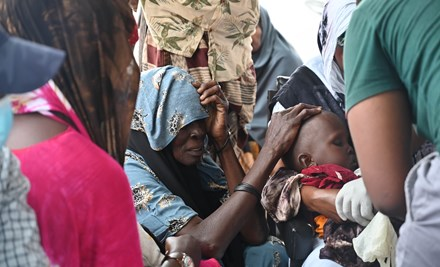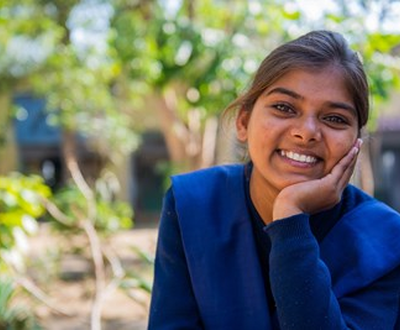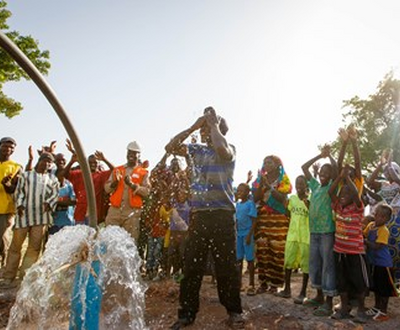Globally, 785 million people don’t have access to clean drinking water. The ripple effects are felt across communities and generations, keeping kids and their families trapped in a cycle of poverty.
That’s why every 10 seconds, we reach one new person with clean water. Like food and healthcare, water is one of the essentials that children need to break free from poverty – and so together, we’re empowering kids to do exactly that. Last year alone, we reached more than half a million people in our sponsorship communities with safe water.
Here are six ways that child sponsorship changes kids’ lives with water.
1. It’s one of our best defences against disease
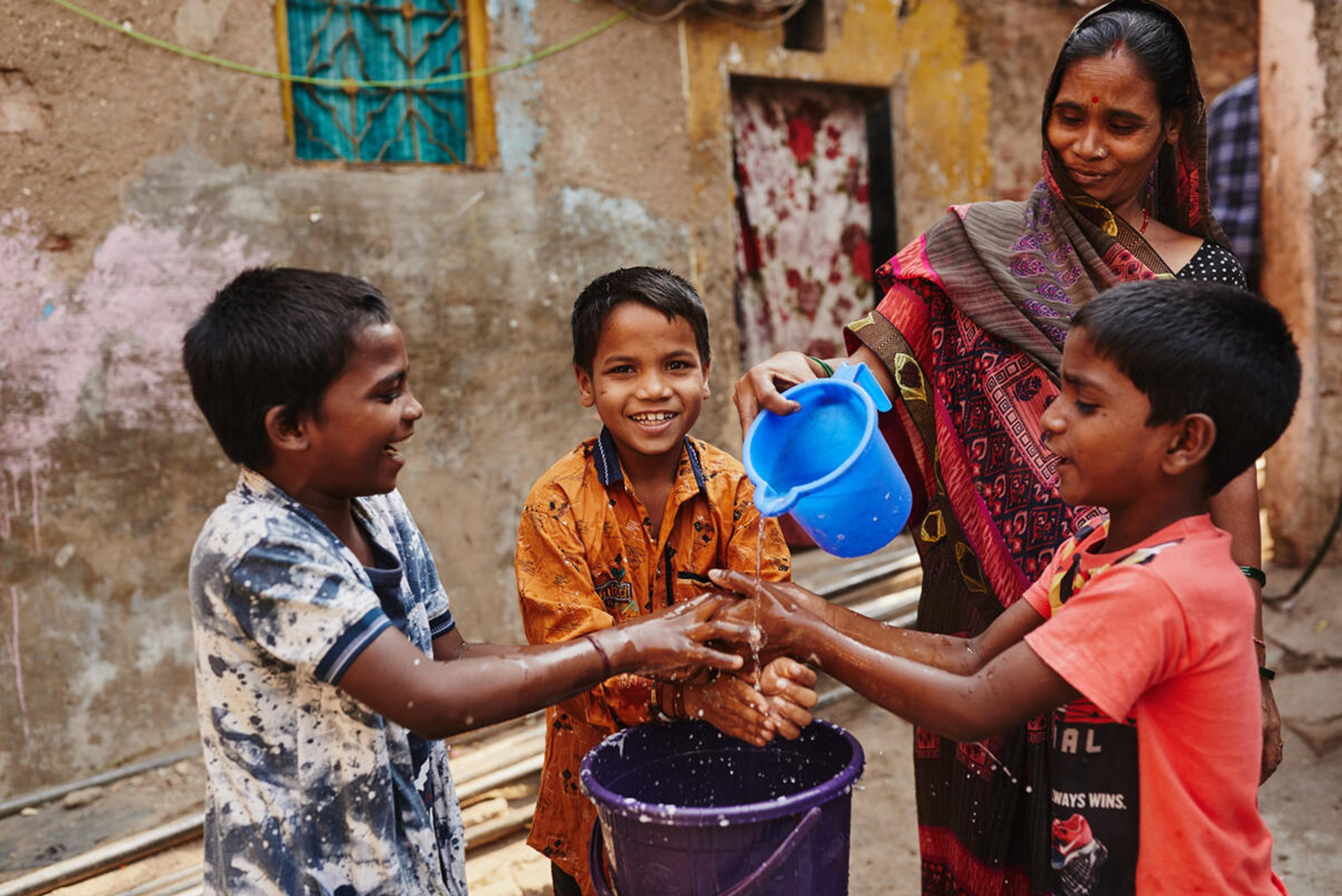
Clean water is a cornerstone of good hygiene and COVID-19 has reminded us all just how important good hygiene really is. But even before the pandemic, the simple practice of handwashing was a life-saver in places where preventable and treatable disease stole the lives of millions of children each year.
Now more than ever, handwashing is one of our best defences against sickness and disease. Child sponsors have made sure that 35.2 million people have heard about the importance of handwashing and hygiene since the start of the COVID-19 pandemic, and more than 115,000 communities got new public handwashing facilities. So did thousands of medical facilities, which are now better equipped to keep communities healthy for generations to come. Teaching children good hygiene practices like handwashing also has a multiplying effect because kids share the lessons they have learned with their families and friends, helping to spread awareness in their communities.
2. It keeps kids in school
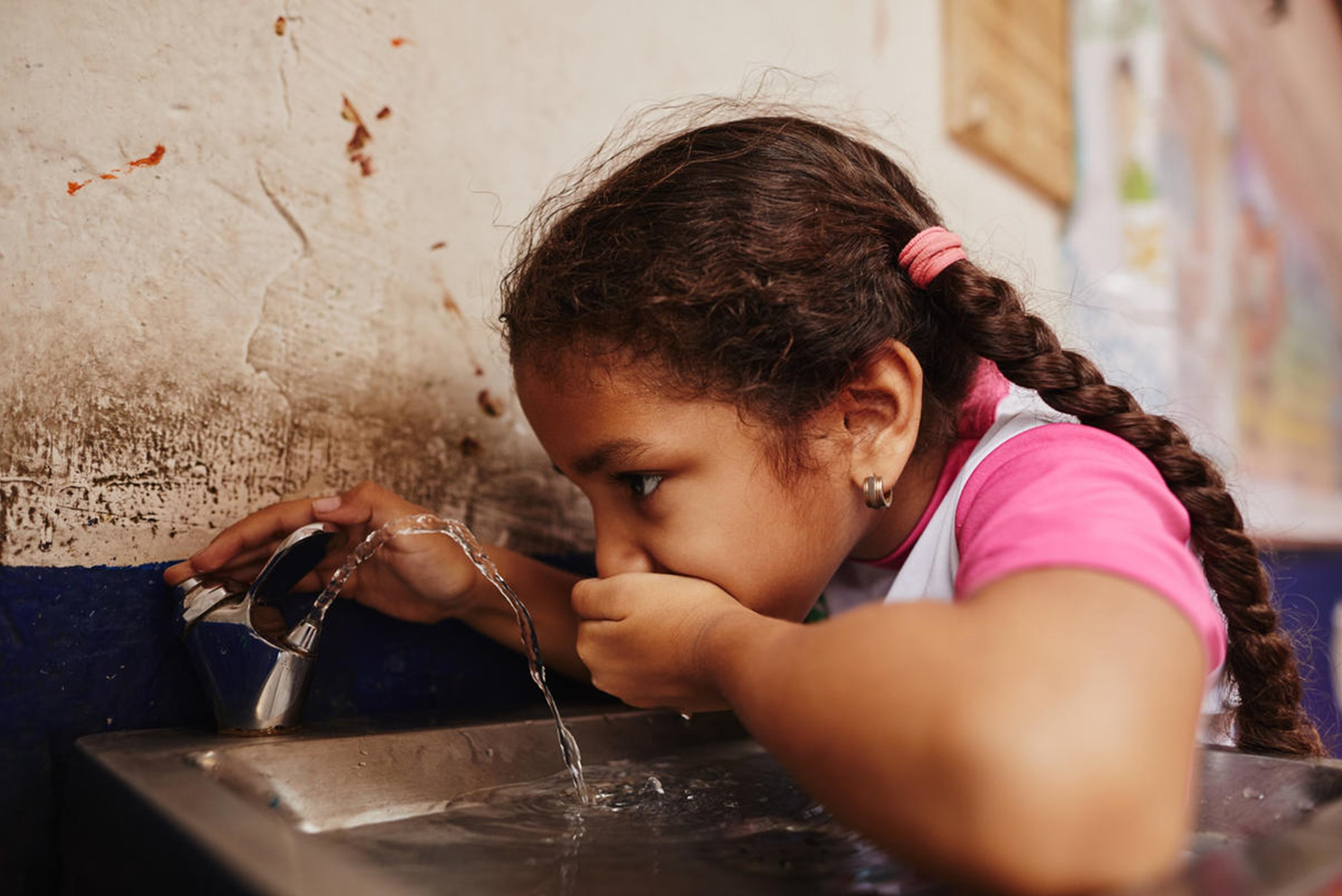
Imagine a schoolyard without a tap to drink from after a dusty lunchtime football match, or a toilet block without water for handwashing, or even cleaning. When kids can’t get water at school, attendance drops, especially for girls who have reached puberty and need proper toilet facilities and water to manage their periods. On the flipside, a water source at school can be a powerful driver to keep kids and their families, who would otherwise have to walk long distances to access water, engaged with their local school.
That’s why child sponsorship helps communities to bring clean water to schools, building water pumps, drilling bores, installing taps and toilets. Water access in schools makes sure that students and staff have easy access to the water they need for drinking and many other activities throughout the day.
3. It levels the playing field
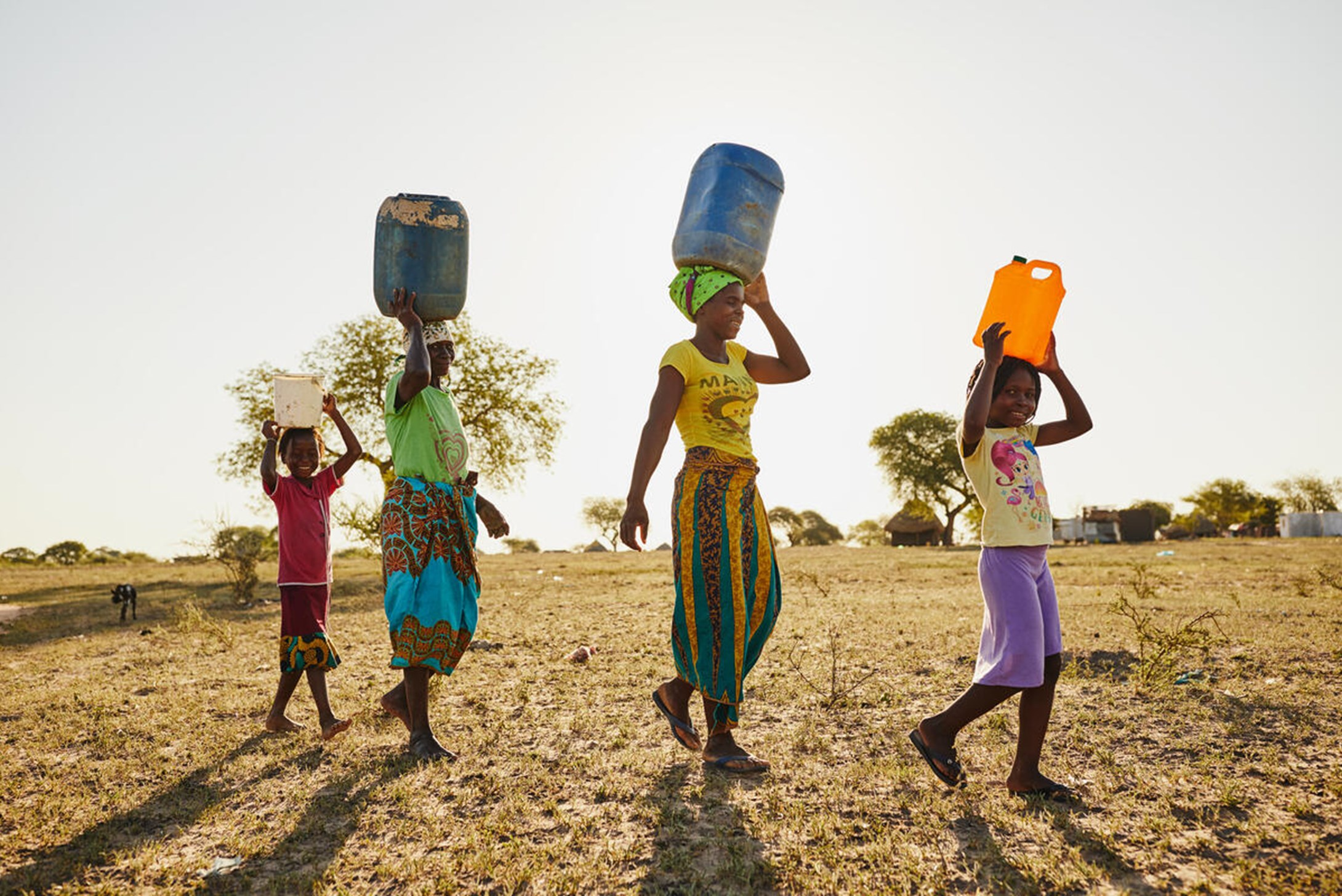
In many places, collecting water is a women’s job. Every day, women and girls spend 200 million hours walking to collect water for their families. In rural Africa, women walk an average of six kilometres each day, carrying 20 kilograms of water. These daily journeys are not only long, they can also be dangerous. Women and girls often face the threat of violence and assault along the way. On top of that, the hours girls spend collecting water are hours they miss in the classroom, doing homework, or just being kids.
When child sponsors provide clean water for communities, they free women and girls from a lifetime spent collecting water. Clean water gives women and girls more time to go to school, earn an income and make the most of other opportunities that come their way. It helps level the playing field with men and boys in their community and creates opportunity for women to contribute to their communities in more meaningful ways.
4. It puts more food on kids’ plates
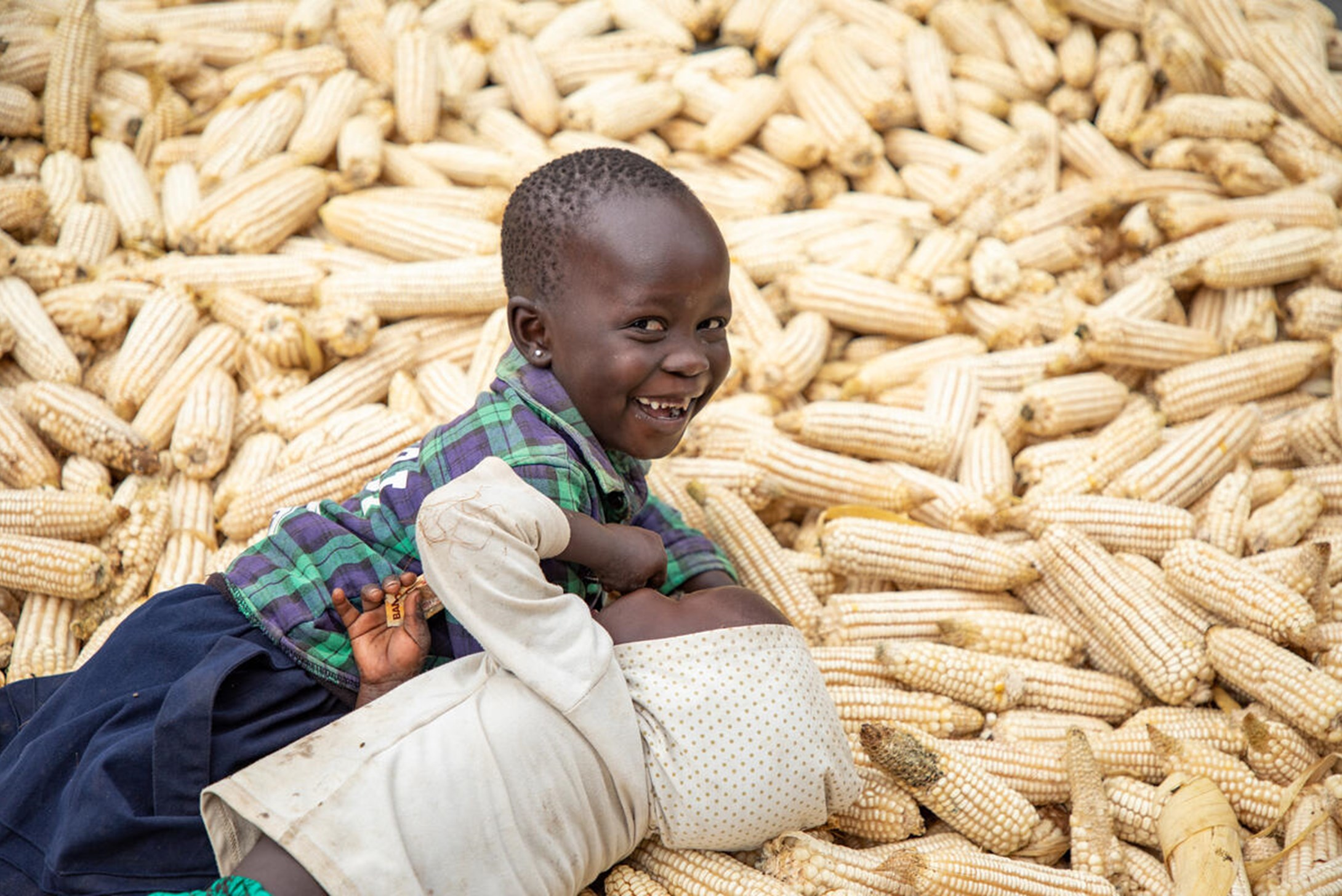
In many communities in the developing world, kids don’t wonder where their food comes from – they know it’s grown in the dirt right outside their front door. Globally, more than 1 billion people make a living from agriculture, and in some developing countries, agriculture makes up about a quarter of the nation’s Gross Domestic Product. For families who rely on the food they grow not only for an income but also to eat, water is everything. When communities don’t have enough water to irrigate, crops fail and children and their families go hungry.
When child sponsors empower communities with reliable access to water, families can grow more and better crops and keep healthy livestock. Not only does this mean families have nutritious food to feed their children, but they also have a more reliable source of income to provide for their children’s needs, like uniforms and books for school, medicine when they are sick or household savings for future plans or costs.
5. It’s makes new ways of doing things possible
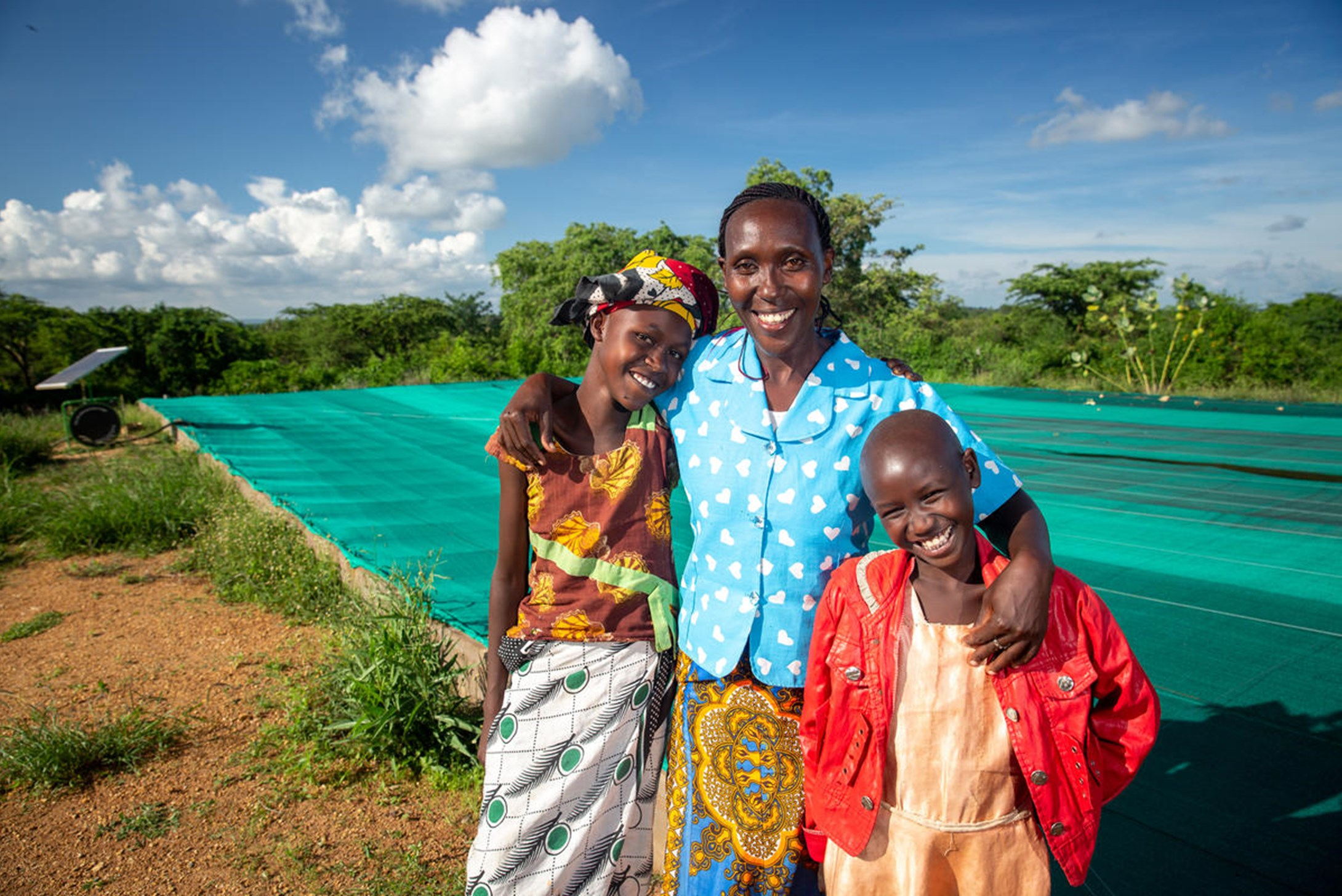
People living in poverty are on the frontlines of a changing world where droughts, floods and other extreme weather events are expected to become more frequent. Child sponsors are helping families to adapt, building knowledge and learning new ways of doing things that both reduce families’ vulnerability to climate shocks, and more sustainably manage and protect their natural resources.
That can include learning new techniques for rainwater harvesting and conservation, like mulching gardens, micro-irrigation, and tree planting or connecting families with new smart technologies they would not otherwise have access to.
Felistus is a farmer in Kenya who has received a solar powered water pump. The pump means she can now irrigate her crops all year round, without the extra expense of diesel or petrol.
“Before the project, my farm was completely bare,” says Felistus. “Before, I used to plant trees and they would dry off, but now they are thriving well. I now have 40 mango trees, 25 pawpaw trees and several banana trees.”
6. It lasts for generations
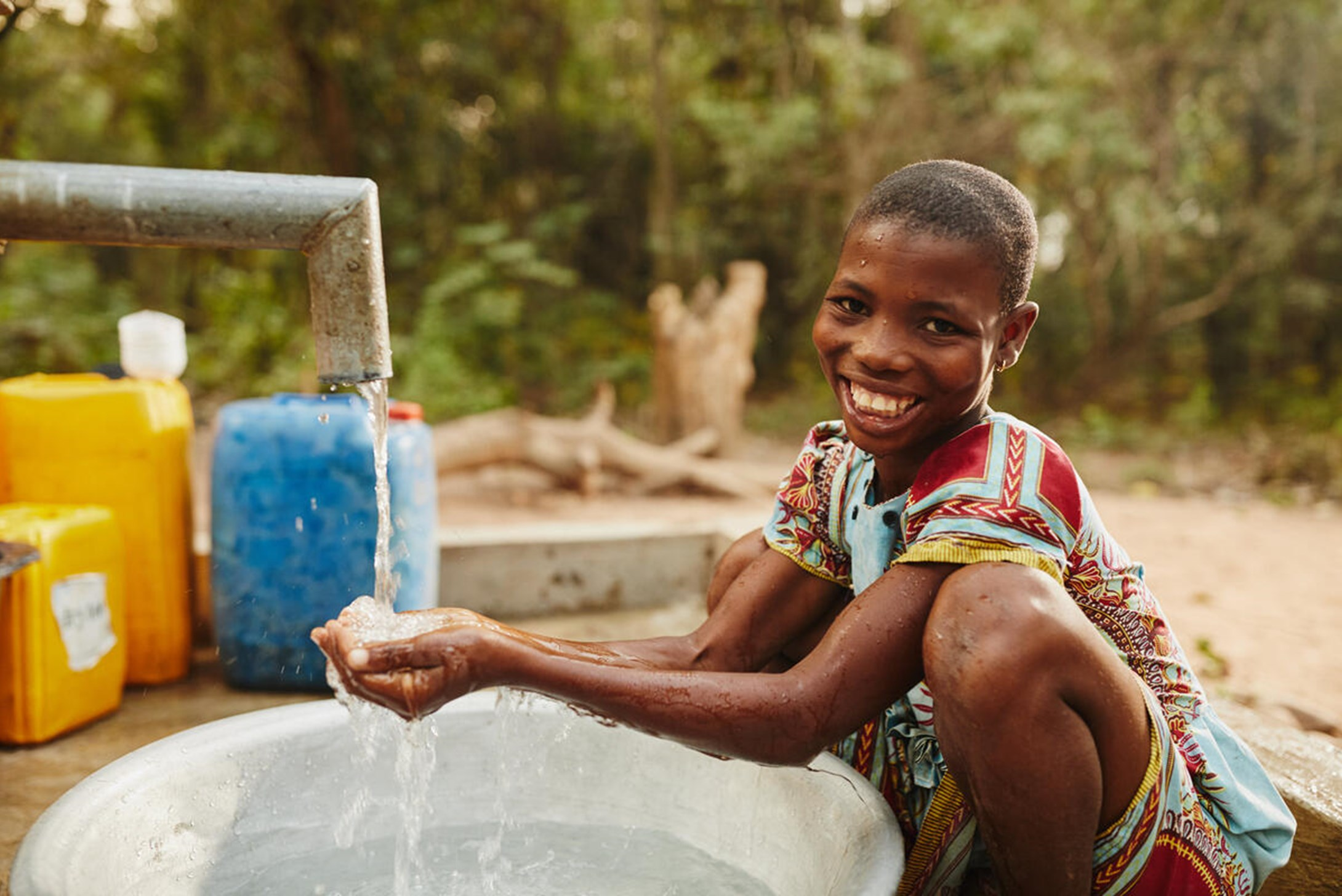
Water solutions don’t just change a child’s life for right now – they can provide a whole community with clean water for generations. When a community has a water source they can rely on, it opens up a new world of opportunities for everyone who lives there because it improves people’s health, education, agriculture, access to food, incomes and so much more. Water changes the community’s trajectory for the future.
Working for the long-term, child sponsors help communities brings boreholes, hand pumps, solar-powered pumps and rainwater collection. Together, we make sure the community has the local skills and knowledge they need to keep their water systems running by setting up community groups that maintain and manage water points. And it works – according to a study by the University of North Carolina, 8 in 10 of the wells we drilled in Ghana are still providing clean water after nearly two decades – that’s 33% higher than the industry average.
Sponsor a child now
and help change lives
